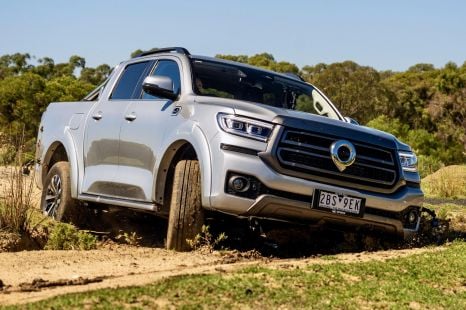

Max Davies
2026 GWM Cannon Ultra review
6 Days Ago
The USA's revised CAFE fuel economy standards will demand brands have a fleet average fuel economy of 4.8L/100km by 2026.

Contributor
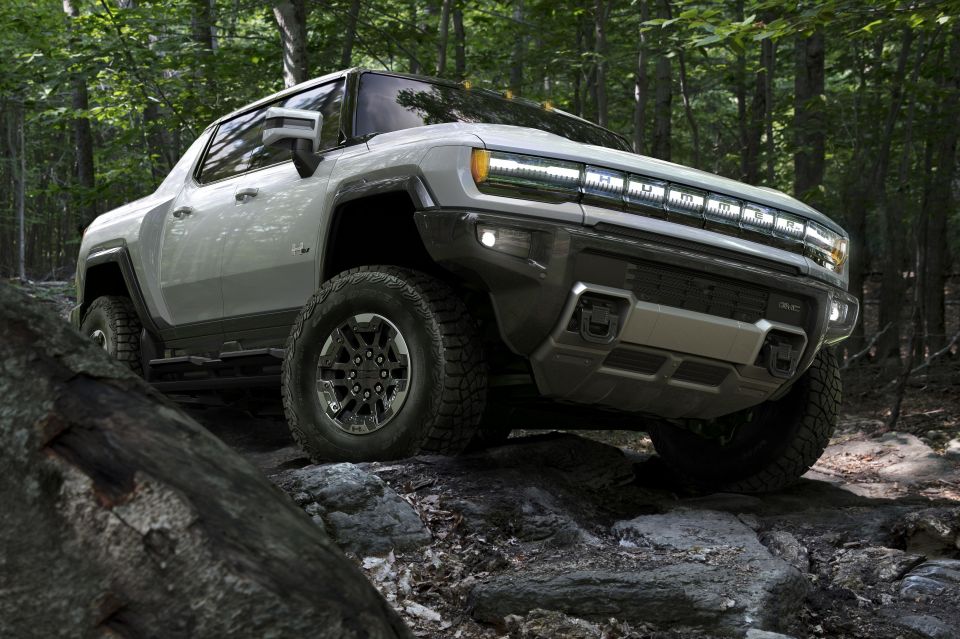

Contributor
US Transportation secretary Pete Buttigieg has announced stricter new fuel economy standards for American new cars, as carmakers in Australia push once again for Federal emissions standards.
The new Corporate Average Fuel Economy (CAFE) standards for the USA demand an average fuel economy of 49 US MPG (4.8L/100km) across every manufacturer’s passenger car and light truck fleets by 2026.
The standards necessitate an average fuel efficiency improvement of eight per cent during the 2024 model year, eight per cent in 2025, and a further 10 per cent in 2026.
The rules work in tandem with Environmental Protection Agency (EPA) regulations demanding passenger cars (but not light trucks) average 55 US MPG (4.3L/100km) by 2026.
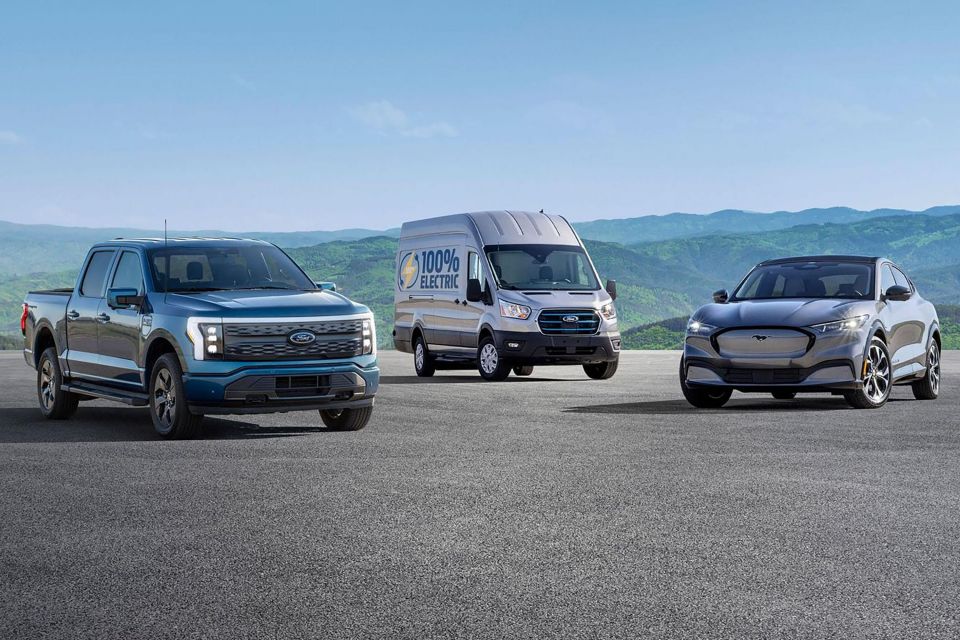
“Today’s rule means that American families will be able to drive further before they have to fill up, saving hundreds of dollars per year,” Mr Buttigieg.
“These improvements will also make our country less vulnerable to global shifts in the price of oil, and protect communities by reducing carbon emissions by 2.5 billion metric tons.”
The new rules represent a change of course for the USA, which rolled back CAFE rules under President Donald Trump.
Europe has also been mandating aggressive CO2 and NOx emissions cuts, threatening carmakers with big fines if they can’t scrape beneath ever-tightening caps.
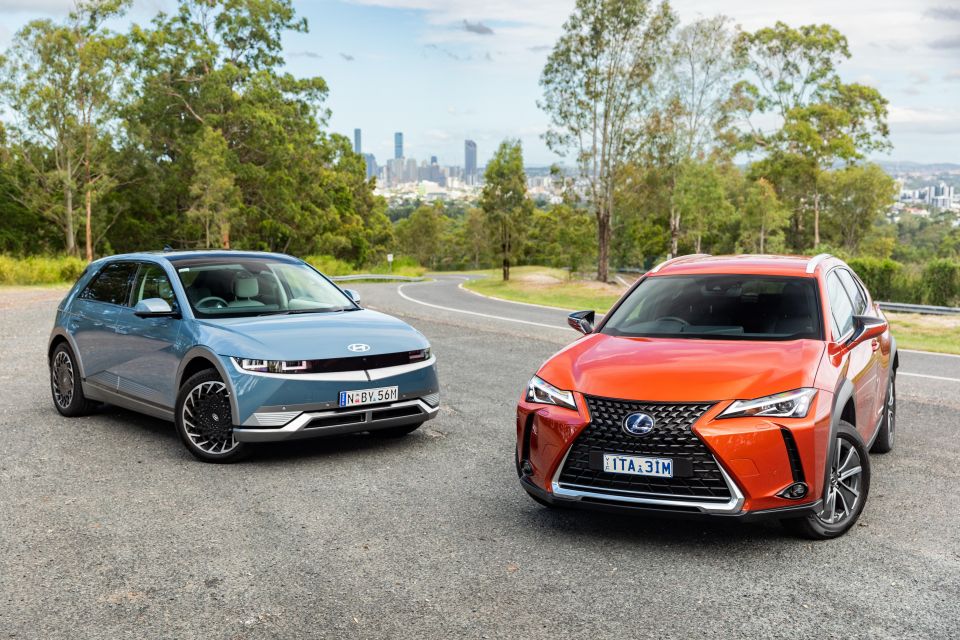
In Australia, meanwhile, carmakers are still putting pressure on the Federal Government to introduce binding emissions standards.
Led by the peak body for carmakers in Australia, the FCAI, manufacturers argue formal emissions standards in keeping with those of the European Union and USA would make it easier for them to bring new cars with the latest technology Down Under.
“Clear and consistent policy direction on a national scale is critical for manufacturers to prioritise new low and zero emission powertrains for the Australian marketplace,” said FCAI CEO, Tony Weber.
“We are reiterating our calls for government’s adoption of the FCAI voluntary emissions standard as part of its ambition to reduce emissions in Australia’s transport sector,” Mr Weber said.
A number of carmakers have pointed to Australia’s lack of formal emissions standards as one of the major impediments to bringing the latest electric cars Down Under.
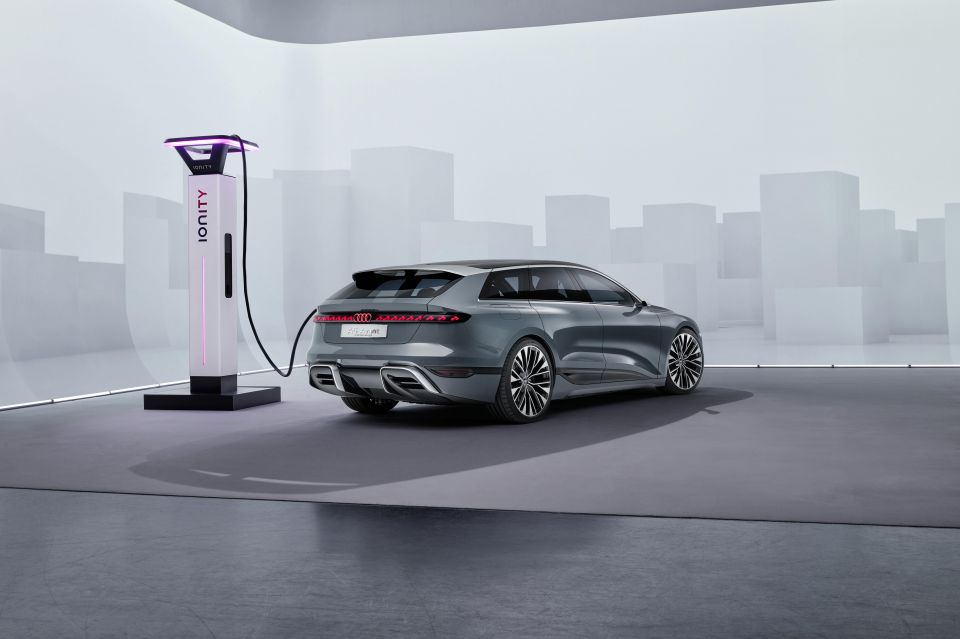
“If we don’t have that legislation in the market, then they’re going to prioritise the markets that have got it, to avoid very significant fines. It changes the game completely, it really does,” Volkswagen Group Australia chief Paul Sansom told CarExpert recently.
Although the carmakers have agreed on a set of voluntary standards for emissions reductions in the lead-up to 2030, we remain low on the priority list for most brands.
This manifests itself in the form of shortages on in-demand cars like the Hyundai Ioniq 5, or in some cases companies such as Volkswagen being unable to get a look in on hot-sellers like the ID.3 and ID.4 at all.
Go take a look at your favourite car brand’s site in the US or across Europe, and it’s likely there’ll be a greater spread of low-emission vehicles to choose.
MORE: Australia’s car brands lobby for vehicle emissions standard
Scott Collie is an automotive journalist based in Melbourne, Australia. Scott studied journalism at RMIT University and, after a lifelong obsession with everything automotive, started covering the car industry shortly afterwards. He has a passion for travel, and is an avid Melbourne Demons supporter.


Max Davies
6 Days Ago
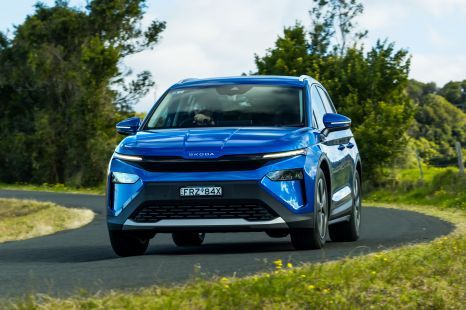

Josh Nevett
5 Days Ago
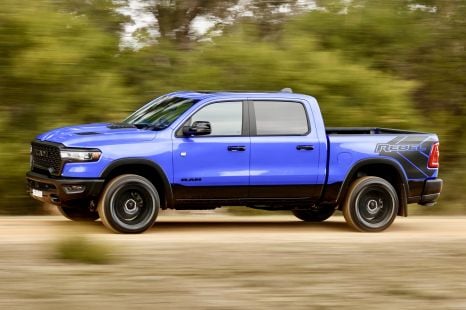

Max Davies
5 Days Ago
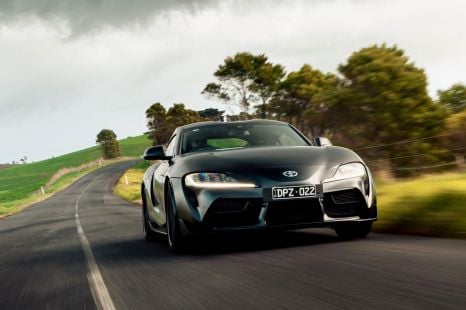

Max Davies
3 Days Ago
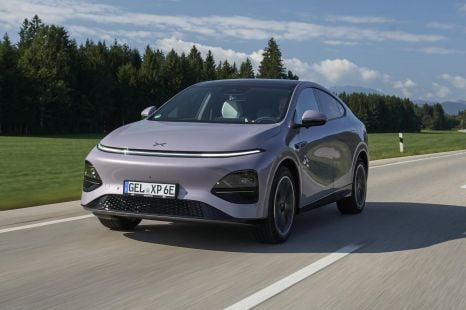

Neil Briscoe
2 Days Ago
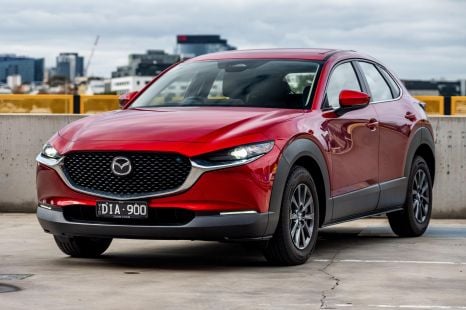

Max Davies
1 Day Ago